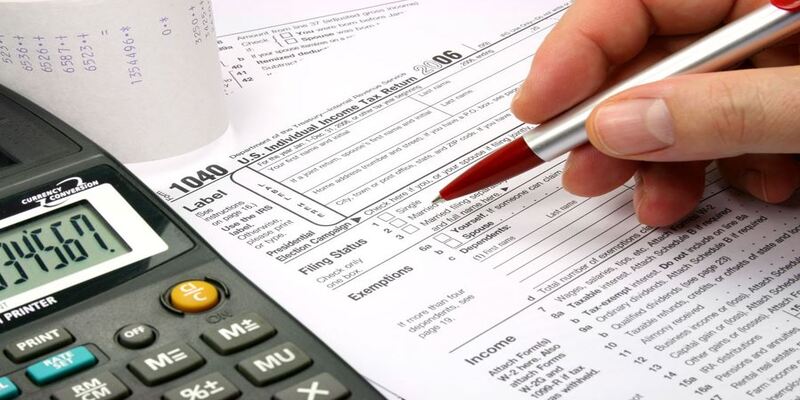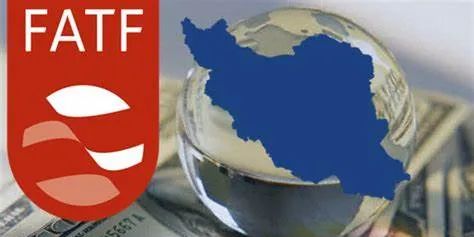Unclaimed property is returned to the states in billions of dollars every year. Unclaimed money in the bank and financial accounts that have been inactive for more than a year is the most common type of unclaimed property. Learn how to find out whether you have any unclaimed property and how to get a hold of it.
What Causes Property To Become "Unclaimed"?"
Unclaimed property can happen for a variety of reasons. The owner may have forgotten about the item, passed away, or left it behind in some situations. Unclaimed property can be the consequence of employment termination, an owner changing their address without notification, or an owner moving from where a deposit was needed, among other reasons. In other cases, the object may be too little for businesses to deal with, even if they are aware of it. However little this mistake may appear, it might cost you a lot of money in the long term.
Property Reclamation

Because the federal government does not maintain a single website for tracking down unclaimed property, each state has procedures for recovering escheated or unclaimed property. The layout of most state websites is generally standard, making it easy to find information.
The official entity maintaining the list of unclaimed property is often the comptroller's office. Unclaimed property funds may be included in governmental running costs. Still, unclaimed property revenues are almost usually recorded as a debt to the property owner. If you're looking for unclaimed property, you may search by various parameters such as the owner's name, business name, street address, and city.
Dormancy Period
Property that has remained unclaimed beyond the dormancy period is known as unclaimed property. During the dormancy period, an account or asset that has been declared unclaimed by a financial institution is considered abandoned by the government. The dormancy period for most states is five years. Escheatment occurs when the state legally declares a property as abandoned or unclaimed. State ownership of the property is assumed until a claim from the legal owner is filed.
Unclaimed property may be bought up by the state's comptroller or state treasury, depending on the state. Sending a letter to the last known address of home or work may be one option. This approach is less effective since property might go unclaimed if the owner fails to notify a change of residence. States may also subscribe to internet databases of contact information, which contain more recent data.
Escheatment

Dormant accounts become unclaimed property after the dormancy period. Many states have passed escheatment legislation to keep unclaimed cash out of the hands of banks and other financial organizations. Laws governing escheatment compel businesses to transfer unclaimed property from inactive accounts to the state general fund, which is responsible for maintaining records and restoring the lost or forgotten property to its rightful owners or the heirs of the deceased owner. Unclaimed property can be reclaimed by submitting an application with your state for free or at a small fee.
Taxes and Unclaimed Assets
If you can't find a recipient for your uncashed wage checks, dormant stock certificates, court money, or dividends, you will likely have some unclaimed property. The state receives property accounts that have gone unclaimed for various reasons, such as a deceased account holder's inability to record a forwarding address after moving or a person's simple forgetfulness.
Until the unclaimed property is recovered, it is not taxed; once the property is formally recognized as taxable income, it is taxed accordingly. A 401(k) or an IRA can be returned tax-free for unclaimed assets.
There may be unclaimed funds in a dormant account that has been inactive for a long period yet has accrued interest. A statute of limitations normally does not apply to inactive accounts, meaning that the owner or beneficiary can claim cash at any moment.
A Case Study on Unclaimed Assets
By filing a claim, persons can receive $1.5 million in unclaimed property from the state of New York. Unclaimed property in California is worth $17 billion as of July 2021. 3 Also, the IRS holds millions of dollars in unclaimed federal tax refunds each year. The government's unclaimed money website on USA.gov is a good place to start if you're looking for unclaimed money, but there is no consolidated database.
Perfect Compliance
It takes a lot of work to stay on top of unclaimed property regulations. Even though the unclaimed property may never be on a firm's risk radar, compliance with unclaimed property rules can prevent a company from financial or brand harm. During this time, state governments began scrutinizing unclaimed property practices in the life insurance sector.
Billions of dollars were restored to policyholders and escheated to governments due to audit settlements between life insurance firms and states. A firm's image might be tarnished due to an unclaimed property audit if it is discovered that the company has not made adequate efforts to reconnect responsibilities with customers, workers, or other suppliers.



